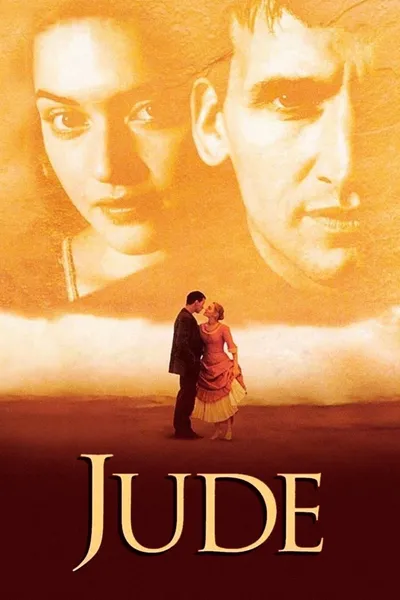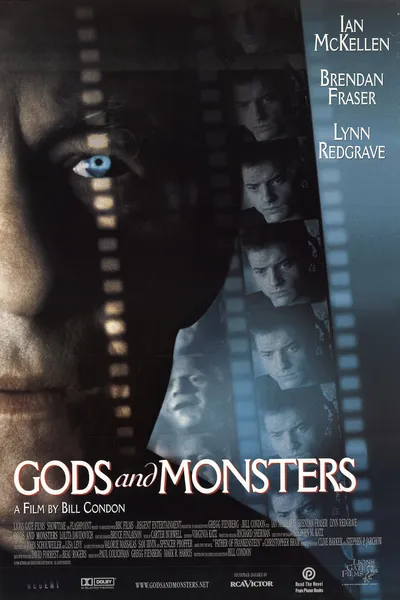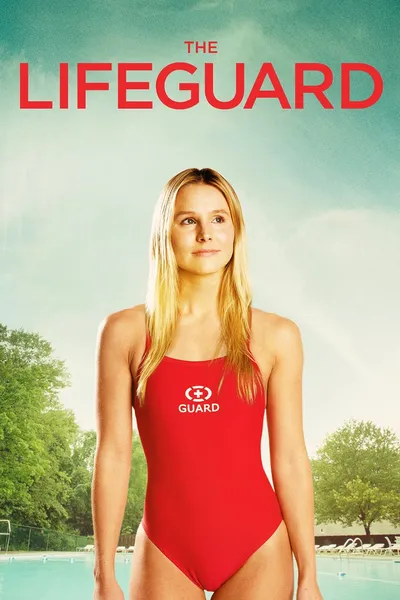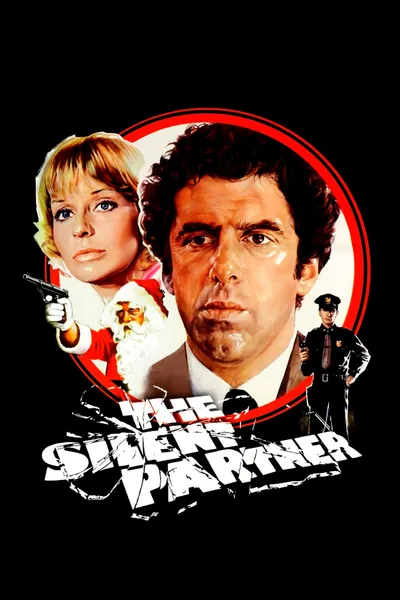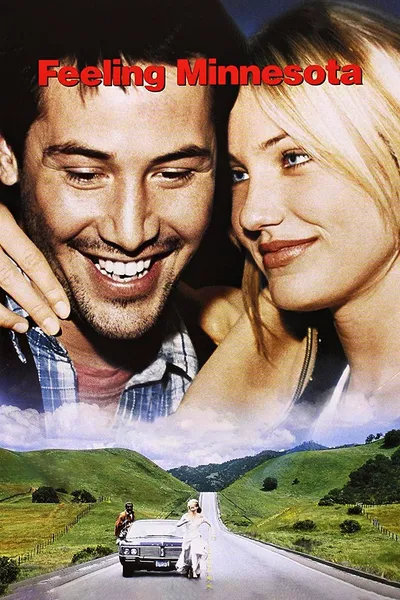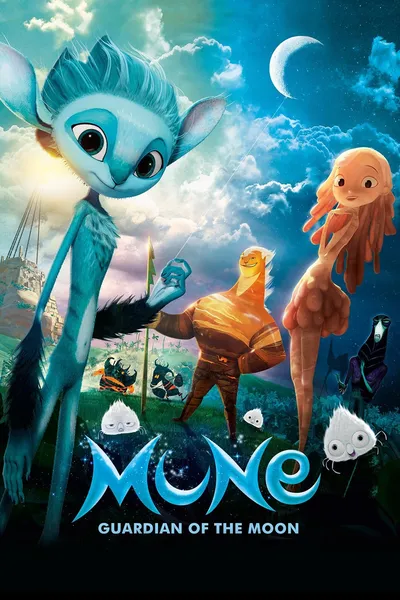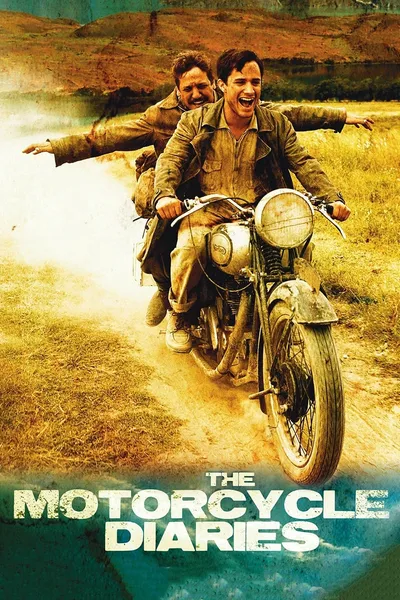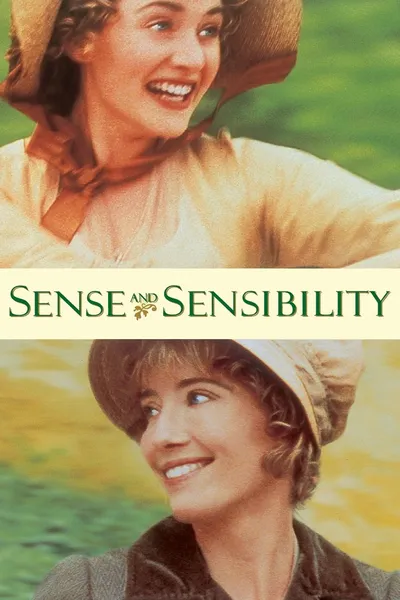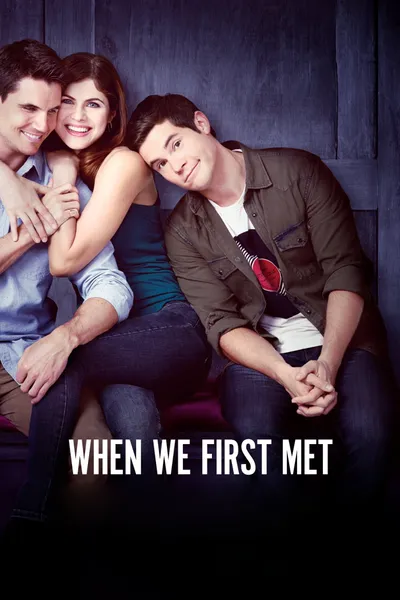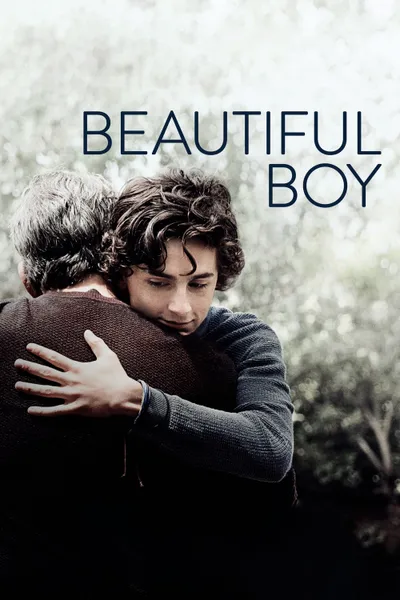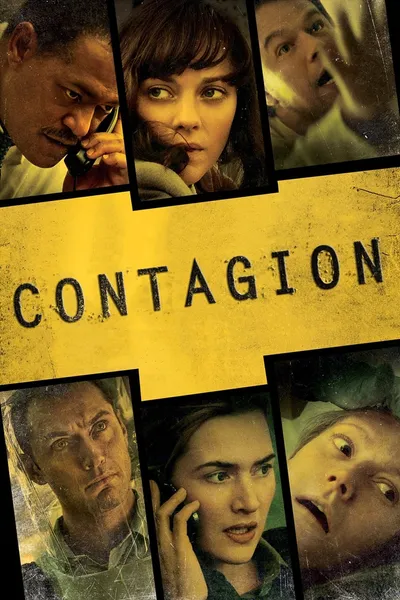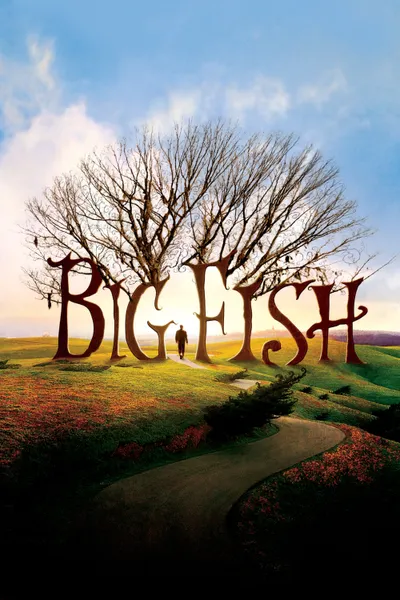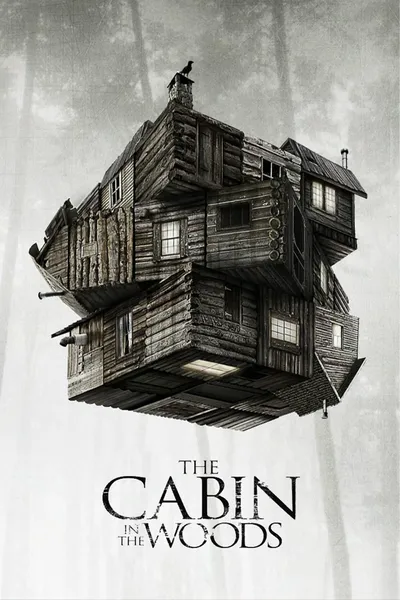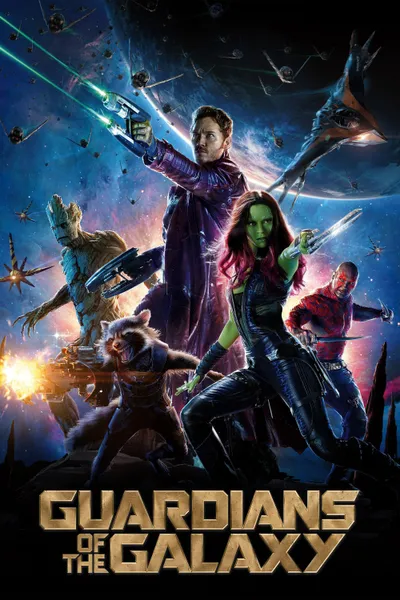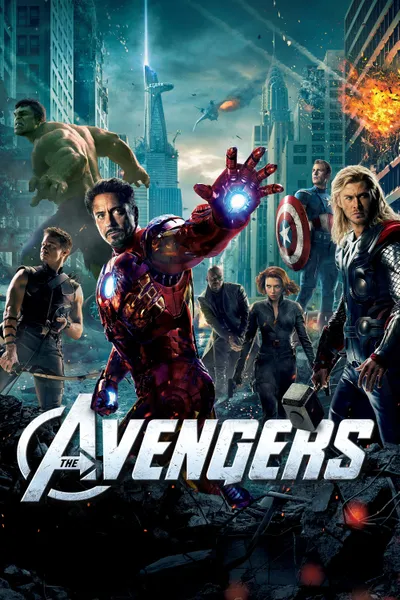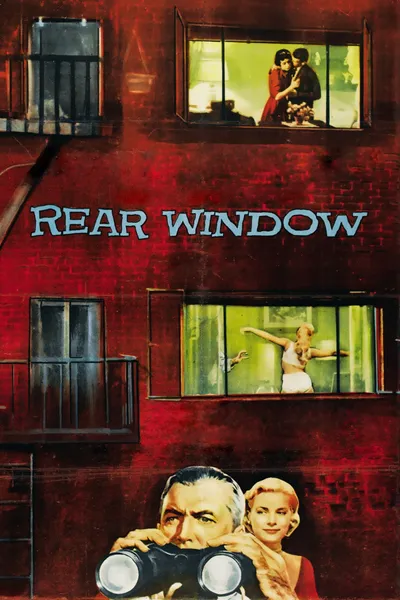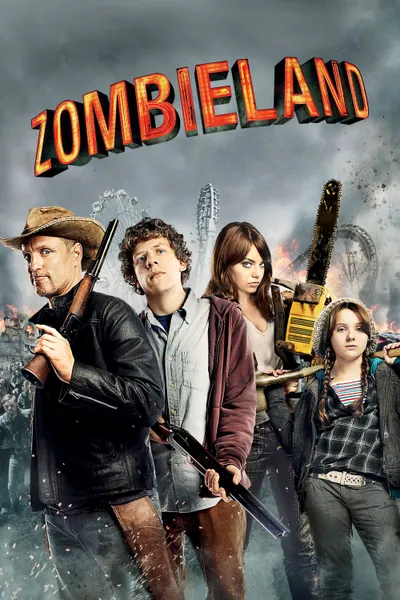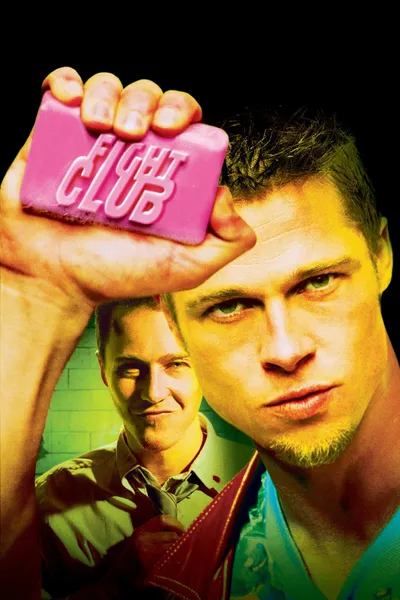Reviews
tmdb76622195
September 29, 20239.0
Well over one hundred years ago, Thomas Hardy experienced critical backlash against his novel "Jude the Obscure" and never wrote another novel. This film version is also controversial, but definitely worth a look. This stars Christopher Eccleston in the title role as a stonemason who yearns for higher learning and a better life. Eccleston's portrayal of Jude is excellent in that he is no Hollywood pretty boy. His ears are too big and his face sallow, but his expressions and gaunt look help his performance immensely, especially in the latter half of the film. Too bad the audience is left in the dark about what exactly makes his character tick. Jude's cousin, Sue, is played by Kate Winslet. She brings a professionalism to her role that almost overshadows Eccleston. Every nuance of her work here does not seem calculated, but very natural. Jude's wife, Arabella, who leaves him, but keeps popping back into his life over and over again, is played by Rachel Griffiths. Her character is a major flaw in the film. Gothicism was fading in the time this novel was written; readers were experiencing more realistic situations in novels by the likes of Charles Dickens, or fantastic situations in novels by H.G. Wells. Arabella seems old hat in a period film. When she is introduced, the scene is full of sunshine and Utopian bliss. Throughout the film, she appears in black widow's wear, striking a contrast against gray backgrounds and the forced happiness of Jude and Sue. This role screamed for a more intense actress along the lines of Nicole Kidman or Emily Watson. Griffiths does not have the presence needed. Any other actress would have taken the part and sunk her teeth into it, but Griffiths comes across as a pitiful old maid without a thought in her head. In the beginning of the film, in her cutesy courtship with Jude, another actress may have appeared whimsical and innocent, Griffiths plays Arabella like a moron. The director is well known in British and art house circles. His direction is expert, and different from other adaptations of long English novels. Winterbottom uses filmed captions to let the viewer know where Jude's travels take him. The film opens during Jude's childhood, and Winterbottom shoots the entire sequence in black and white, evoking antiquated romantic memories. The screenwriter, Hossein Amini, and Winterbottom load the film with too much sex, after a while it almost overshadows the plot and characters. The musical score and set design are marvelous and I would highly recommend this film to others, but maybe not as a study aid for Thomas Hardy-reading high school students. "Jude" has plenty of raw emotion, including the stinging fate of Sue and Jude's children, but Jude's character remains, pardon the pun, obscure. There is something great here, despite the flaws.

CinemaSerf
November 10, 20246.0
Set amidst a very much class-ridden Britain, the eponymous aspiring stone mason (Christopher Eccleston) has settled down to marriage with "Arabella" (Rachel Griffiths) but dreams of escaping his life of physical labours and entering university. That opportunity might just come his way when she leaves him and he heads to the town where his cousins "Sue" (Kate Winslet) lives. She's a bit of a firebrand and despite their relationship they begin, well, a relationship. He isn't entirely honest with her, though, and when she discovers that he is still married, albeit estranged, she reacts in a fashion that can only hurt them both. To add to their woes, society still takes a very dim view of the unmarried and even when they try to reconcile, any attempt at happiness seems constantly under threat as they struggle to find somewhere to live and look after three young children. These struggles are as nothing though when a ghastly tragedy strikes and the pair are torn asunder with their relationship stripped to the bone and from which recovery might never be possible, however strong their love. Can anything be salvaged from this ghastly scenario? I am afraid that I've always found Eccleston to be an underwhelming performer, and here he isn't really any different. Winslet does better though, managing to convey some of the spirit of a young woman still swimming against a societal tide, but doing so with a practical stoicism that illustrates many of the issues faced by mothers who wanted to do more at the time than tend home and hearth. June Whitfield makes a few amiable contributions as the rather sagely aunt and Liam Cunningham lends extra authenticity to the story but it rather meanders too much at times for me. It looks good, attention to the detail of the period and locations has been paid, but I found the Thomas Hardy story just a little contrived to prod the parochial, attitudinal, bear.
Recommendation Movies
Gods and Monsters1998
The Lifeguard2013
The Silent Partner1978
Feeling Minnesota1996
Mune: Guardian of the Moon2015
The Motorcycle Diaries2004
Sense and Sensibility1995
When We First Met2018
The Deer Hunter1978
Beautiful Boy2018
Contagion2011
Big Fish2003
The Cabin in the Woods2012
Guardians of the Galaxy2014
The Avengers2012
Parasite2019
Rear Window1954
Zombieland2009
Fight Club1999
© 2025 MoovieTime. All rights reserved.Made with Nuxt
